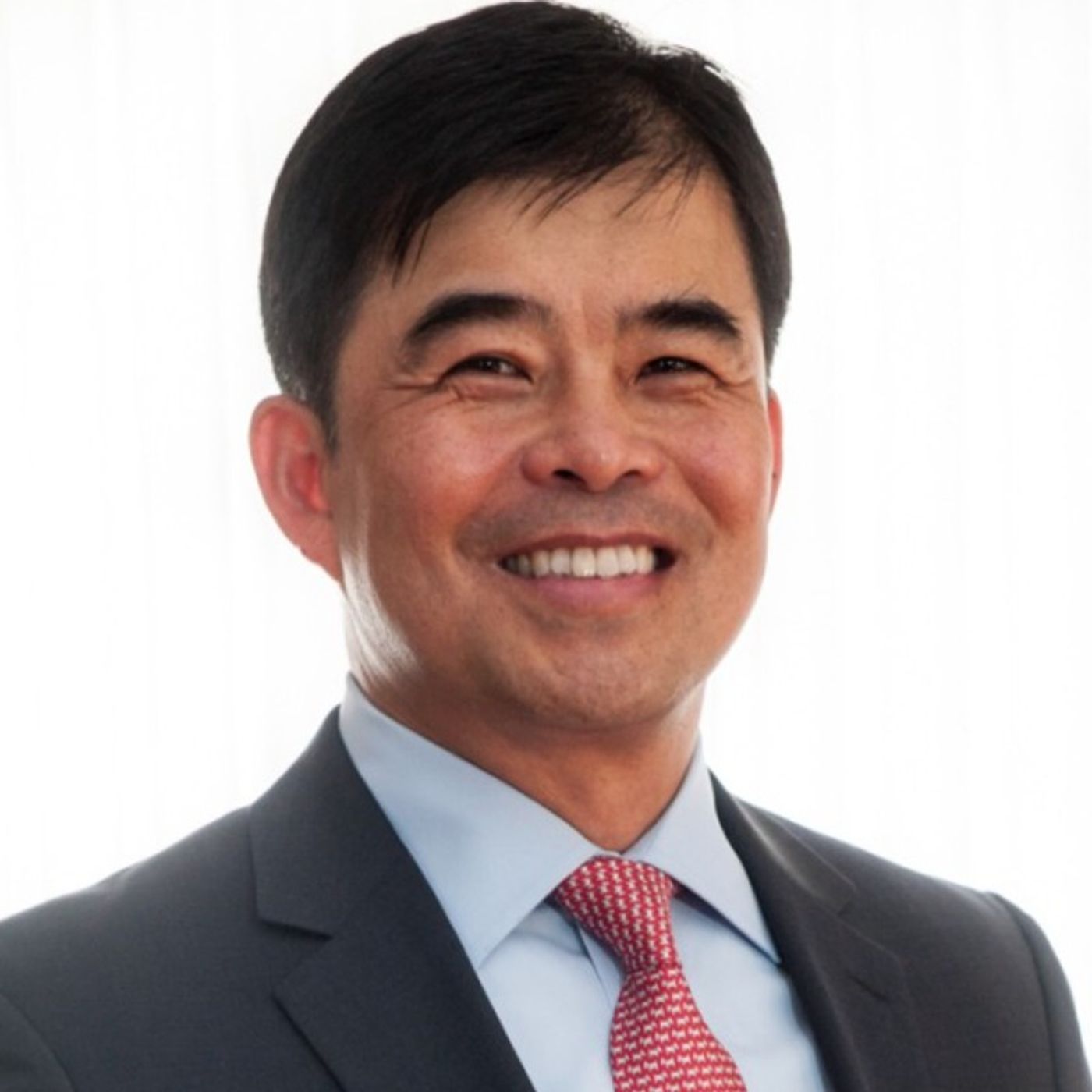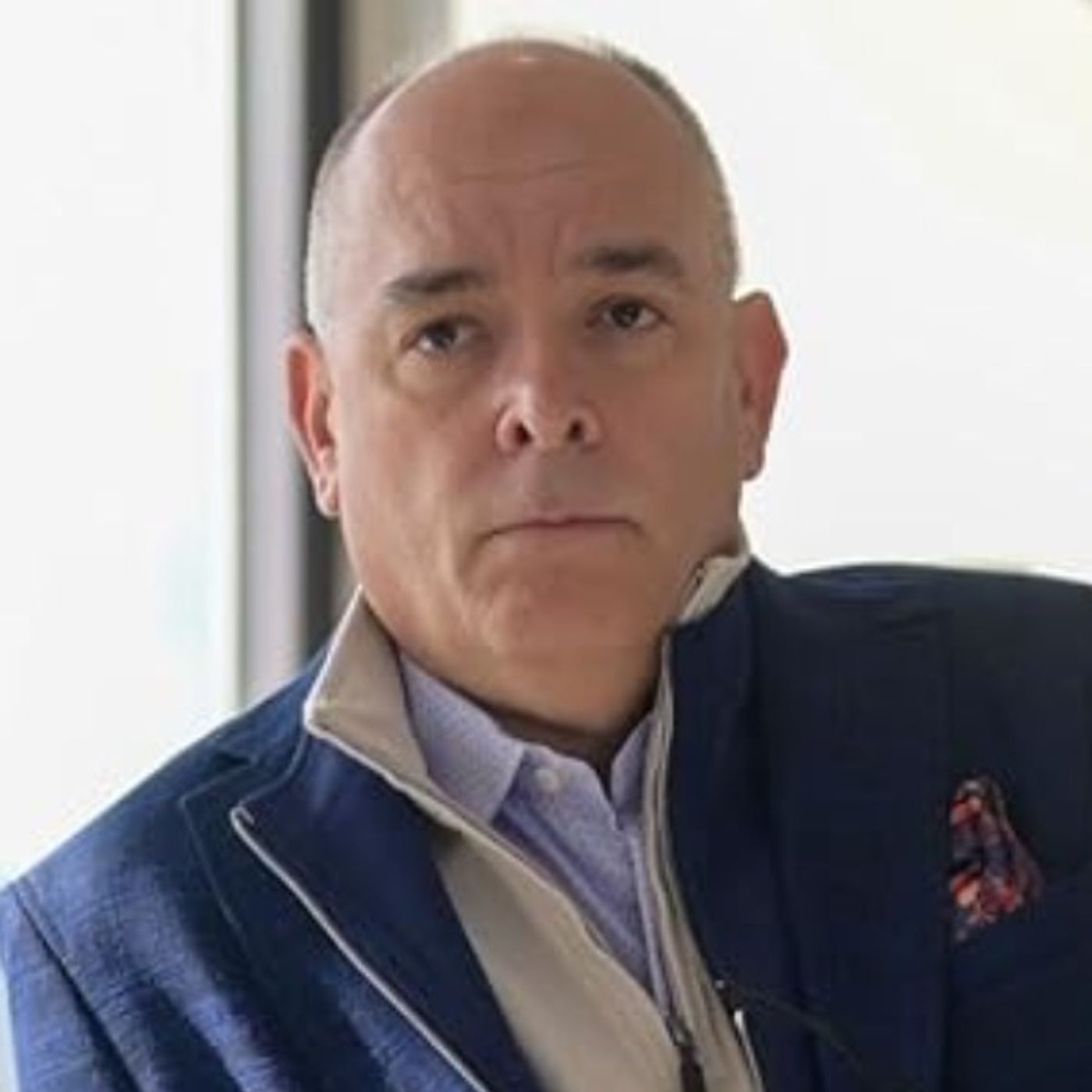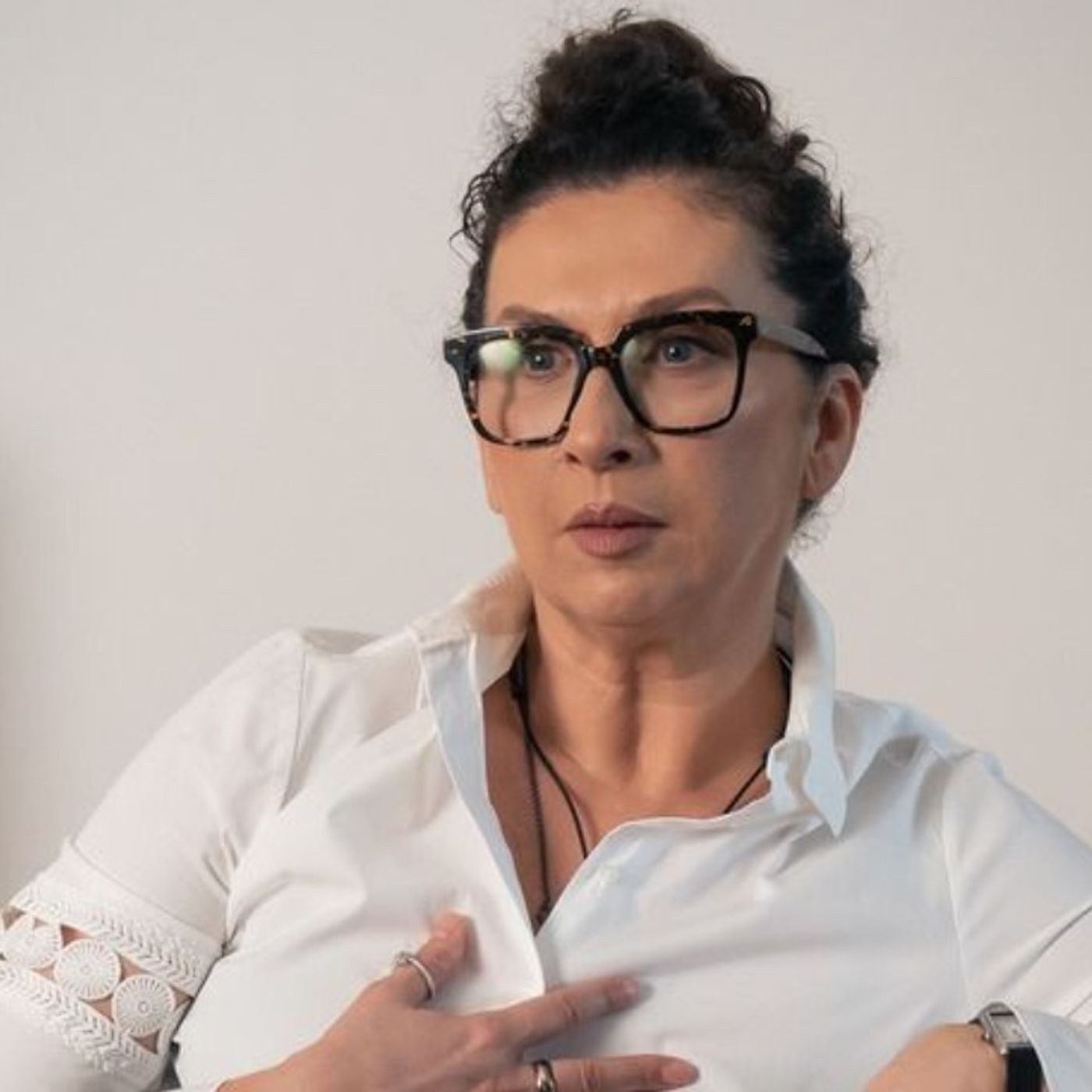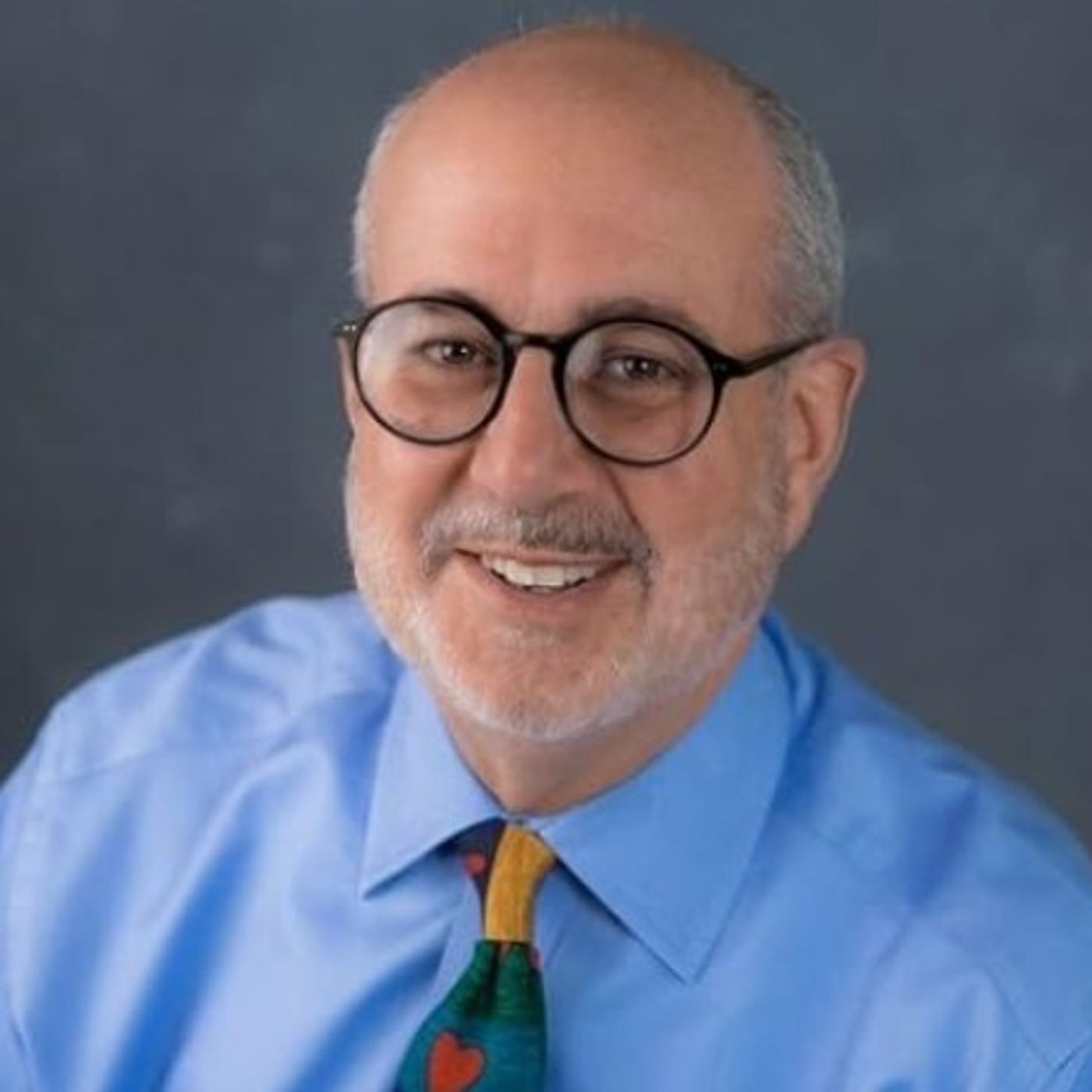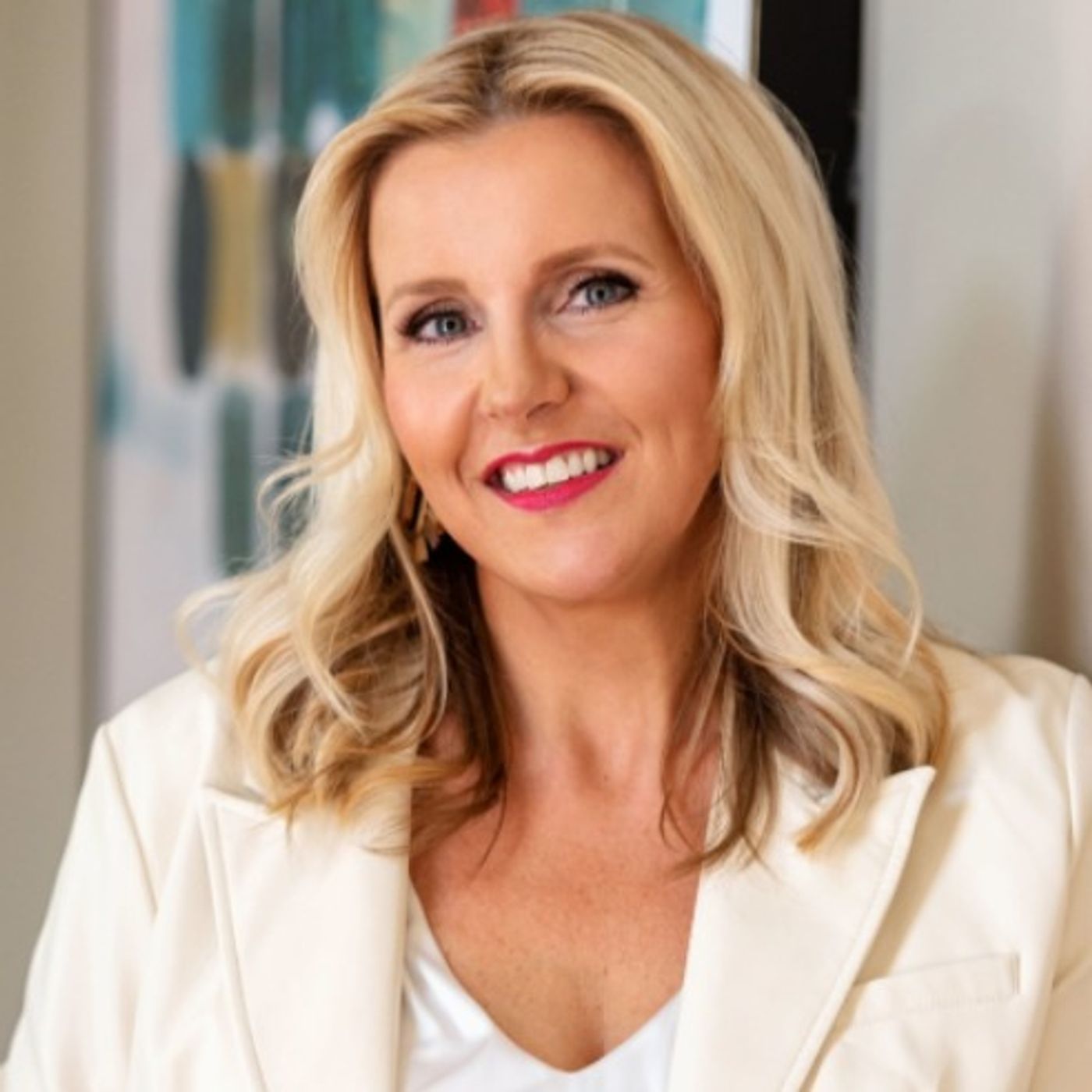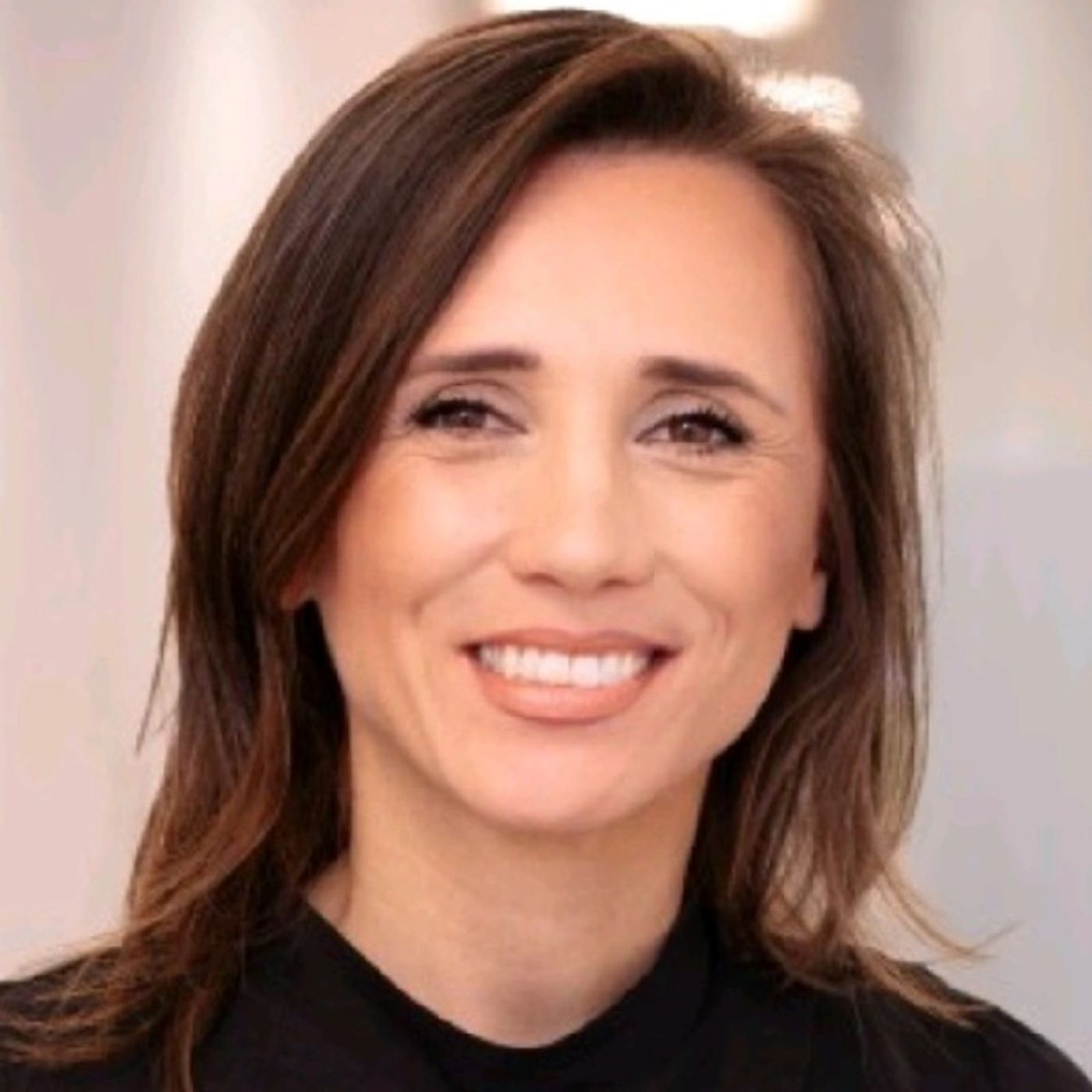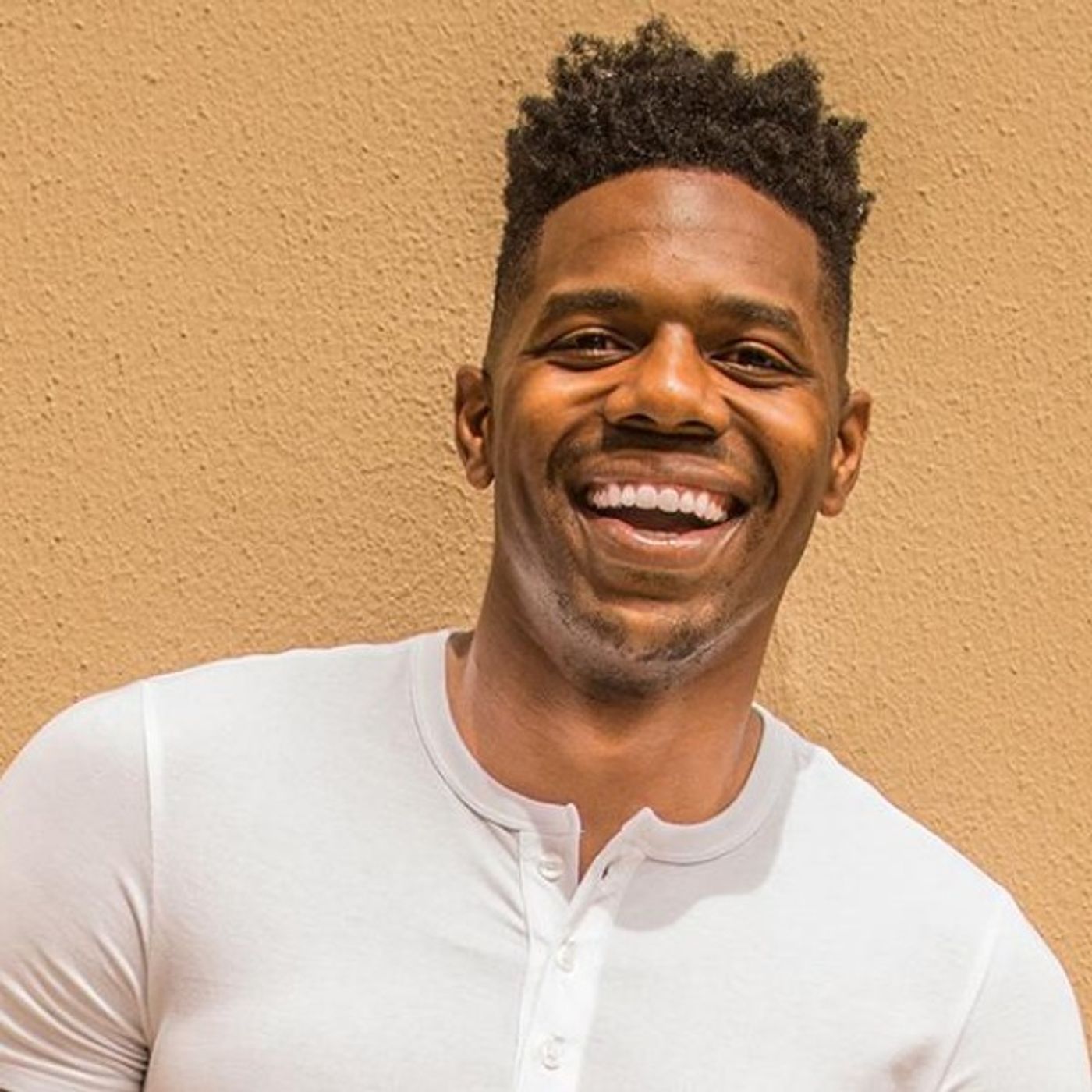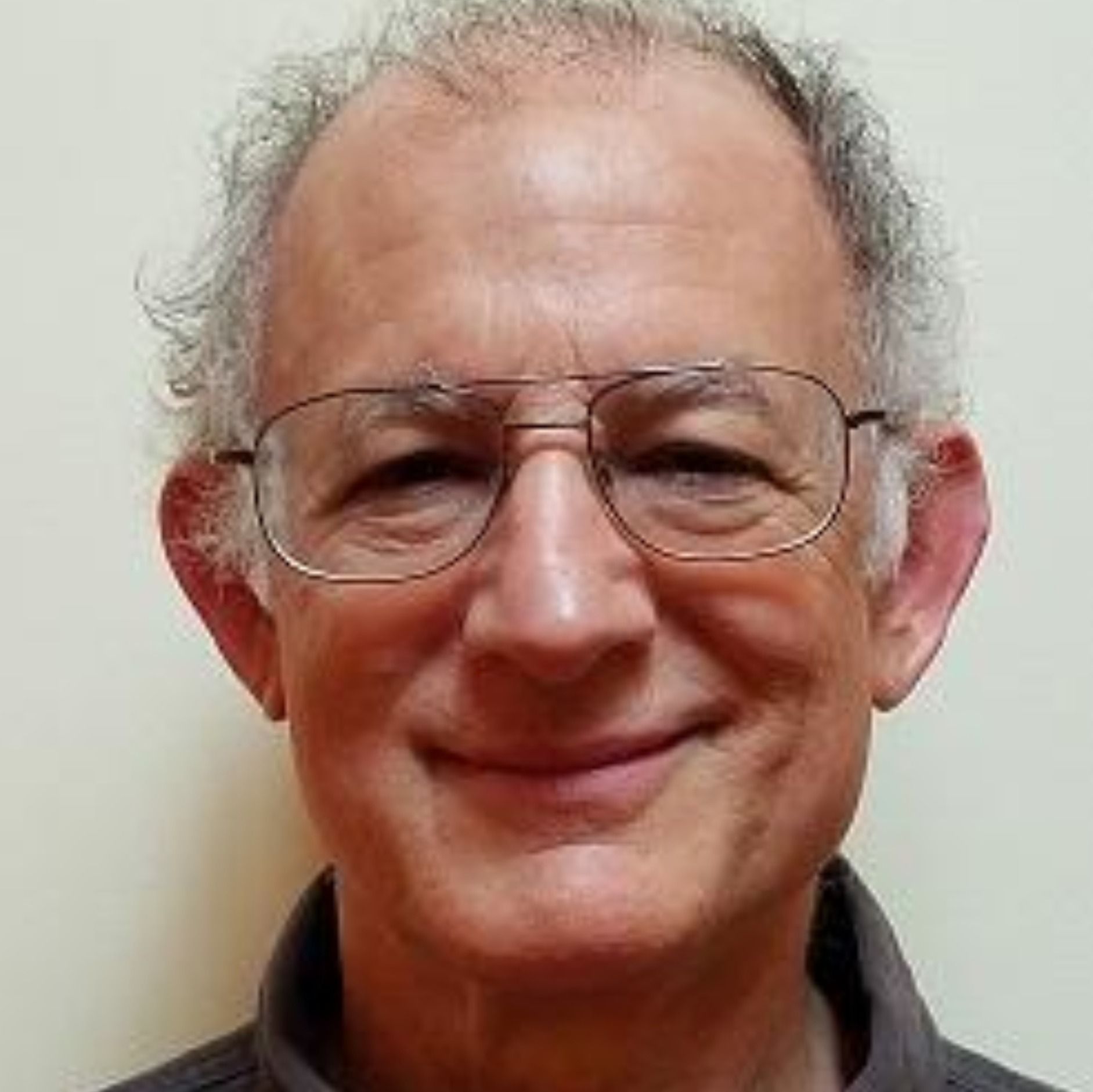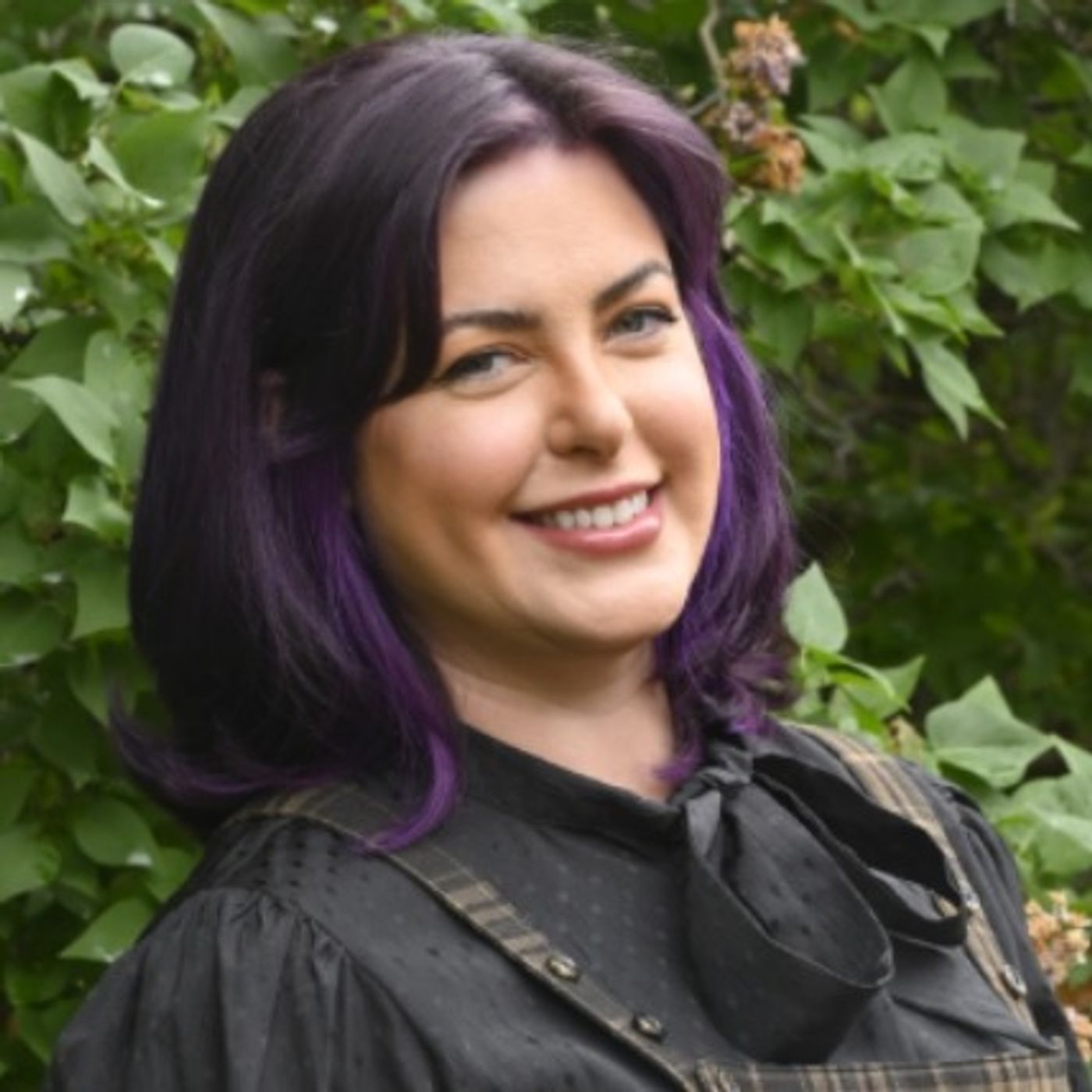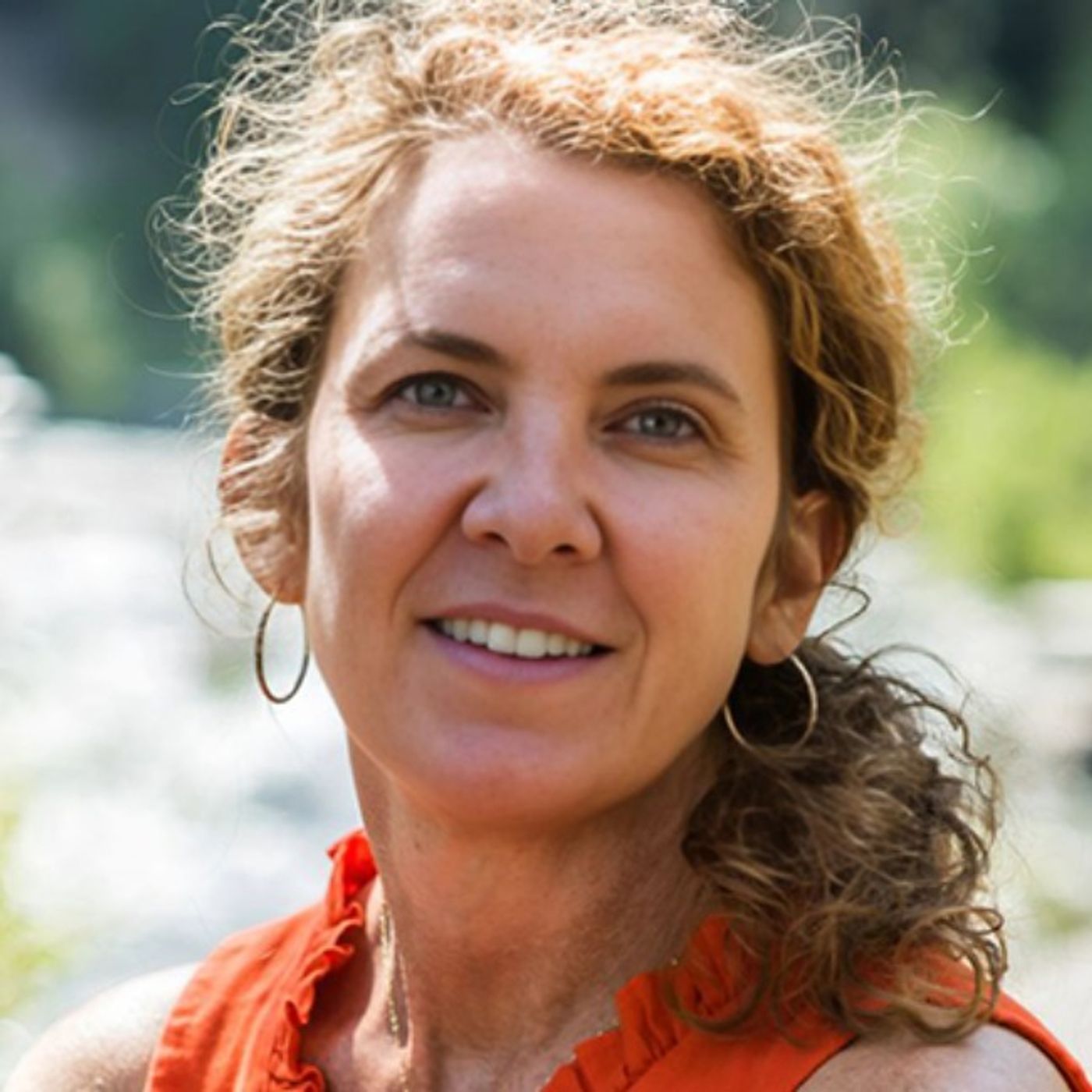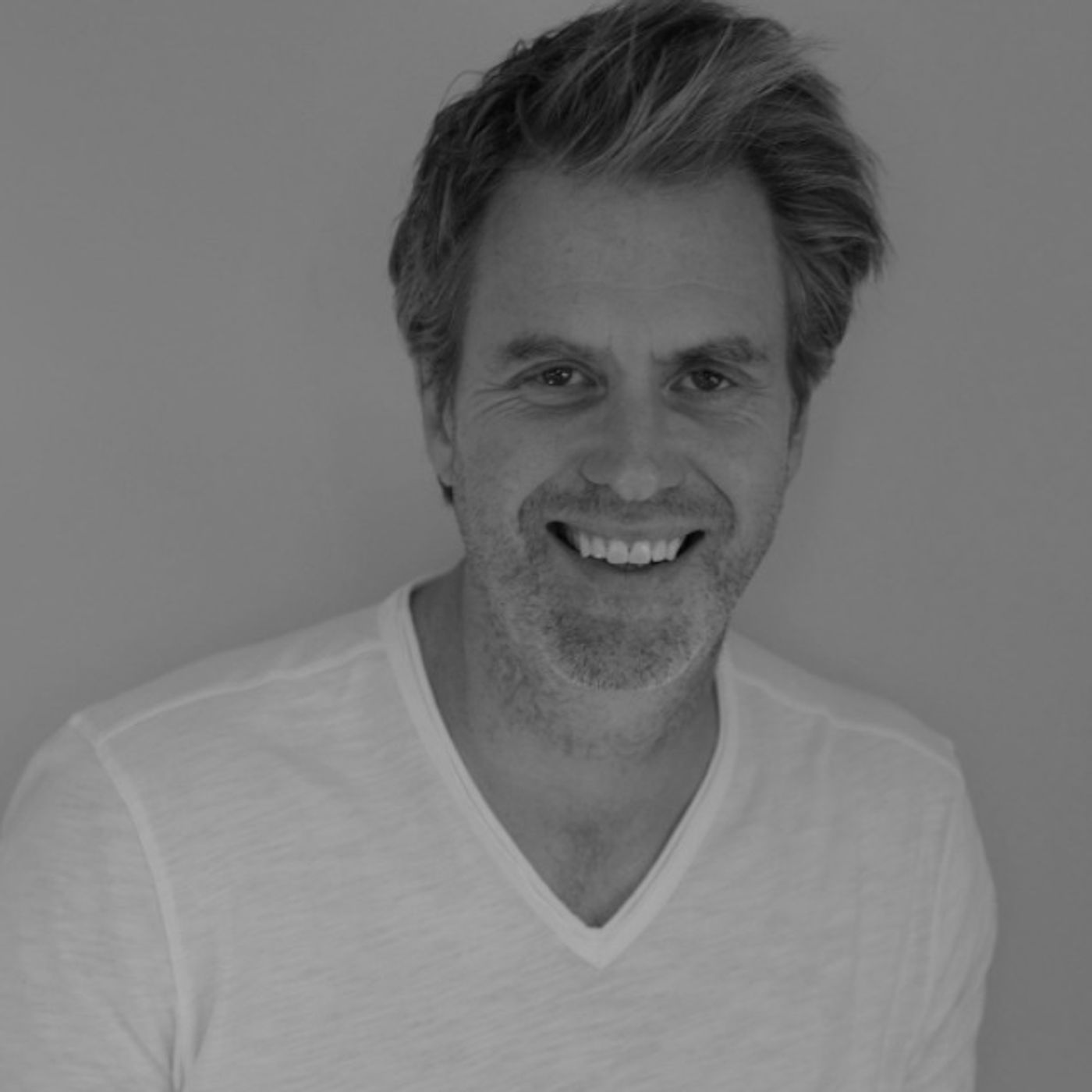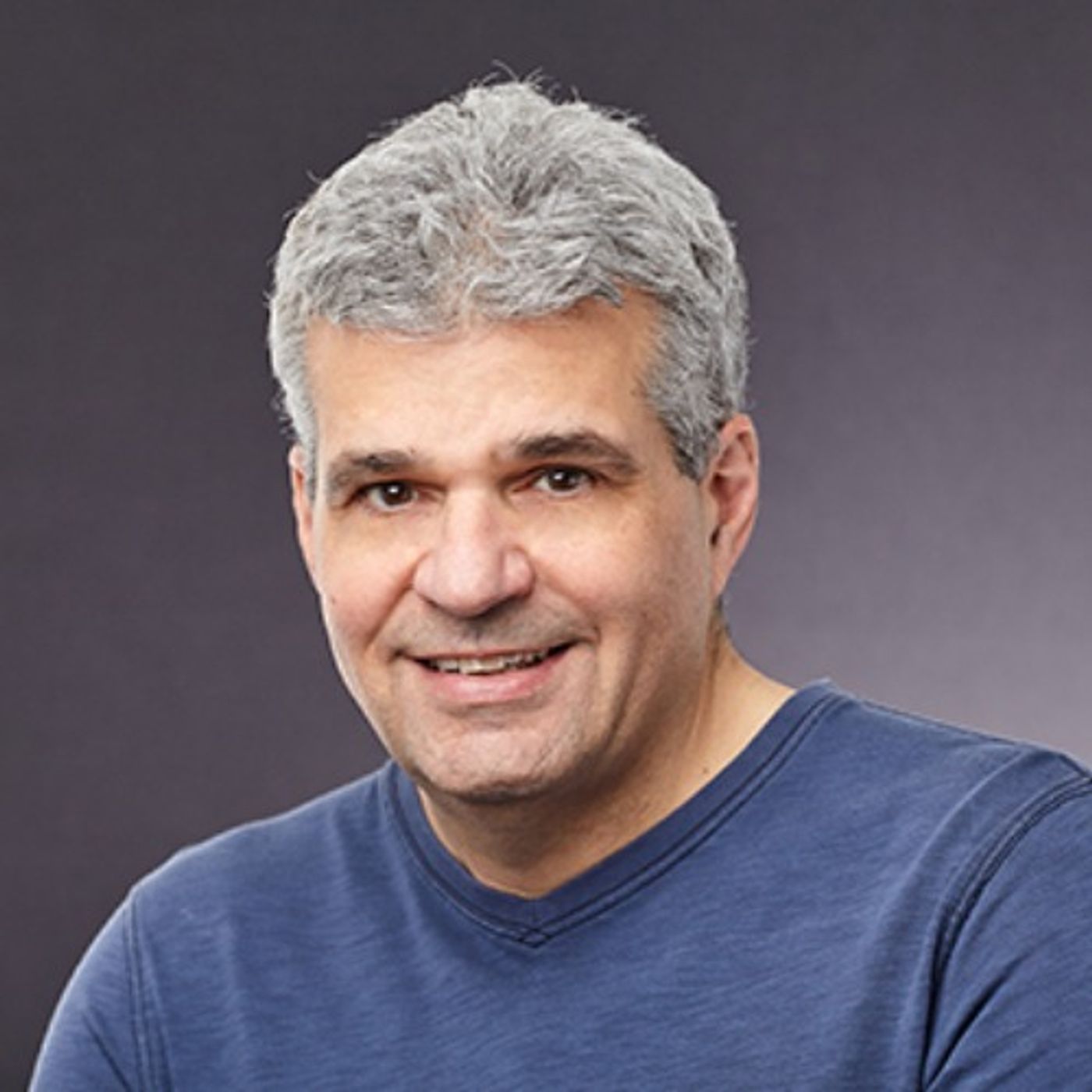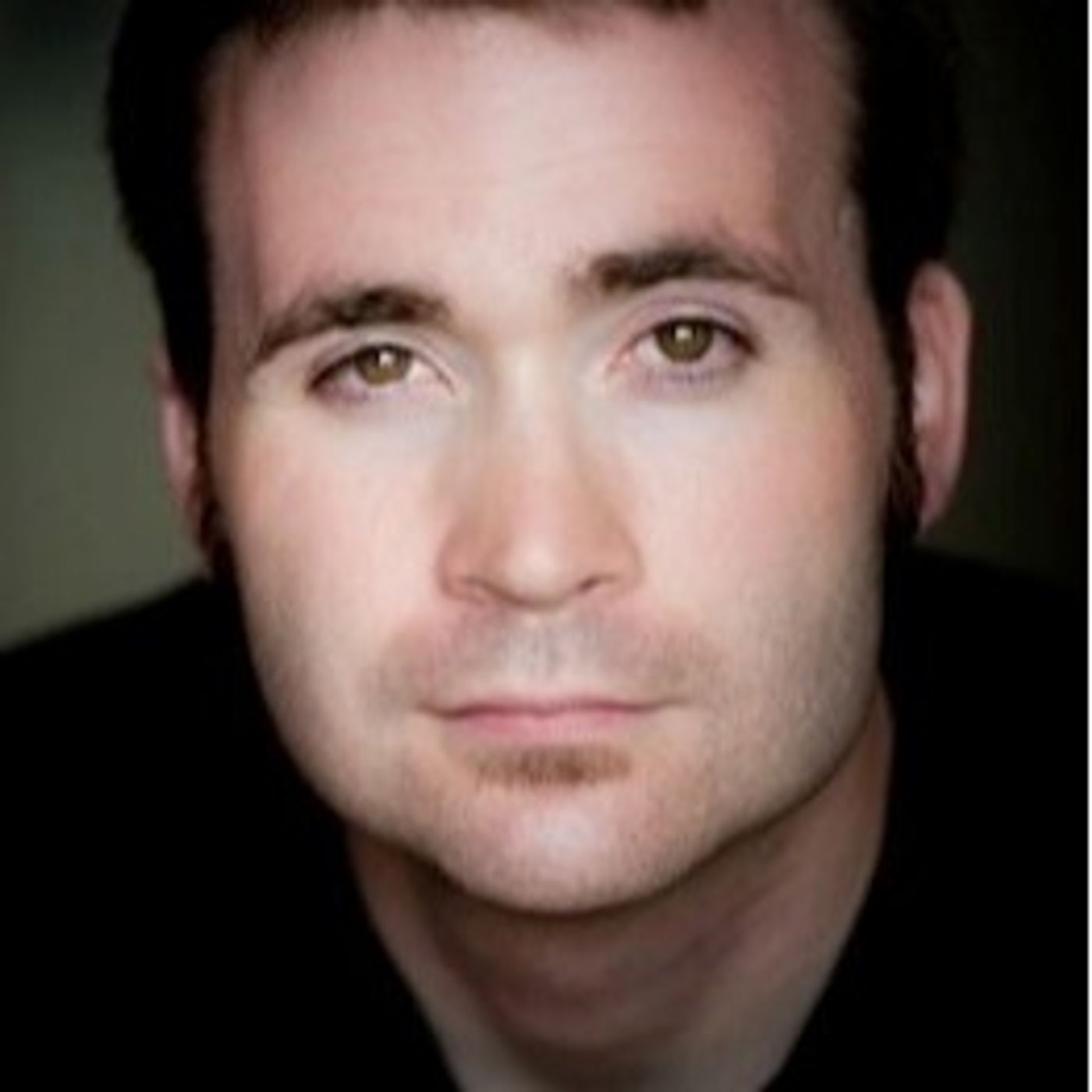Disaster Experiences with Patrick Hardy
Description
Maybe it just is the way that I am viewing the world, but it seems like everyday reveals another fresh disaster. It could be that disasters have always been with us, and now we are just more aware of them. Global news at our fingertips doesn’t necessarily help as we can tap into events that occur anywhere at any time.
Even with this, it seems like disasters are moving closer and closer to home. It is a privilege to live in a society where emergency management is a thing that can be relied upon. When disaster does strike, we may have some confidence that there will be professionals that help deal with the situation in a timely manner.
But that will only get you so far. Just watch any zombie movie. It is scary how quickly civil society can break down when the dead rise and start to consume the living. Then what? Are you ready for the zombie apocalypse?
Or even a more ‘routine’ disaster? While we all might roll our eyes at fire drills, do they help us prepare for a fire? Or is it just preparedness theater?
Rick Rescorla didn’t believe in preparedness theater. He believed in actually being prepared. After the WTC attacks in 1993, he was worried about another attack taking place. In his role of VP for corporate security at Dean Witter Morgan Stanley, he had a disaster contingency plan that was rehearsed over and over with staff.
When 9/11 happened, he was able to save thousands of lives by going forward with his evacuation plan. Unfortunately, he died as he went back to make a final sweep for employees. But because of his preparedness and taking it seriously, many people were able to survive that day.
To help us think about the zombie apocalypse and other types of disasters, we welcome Patrick Hardy, also known as Disaster Patrick. Patrick has spent a career in disaster management, even though originally he wanted to be a cultural anthropologist. He was there in the aftermath of Hurricane Katrina, as well as other events where people were in their greatest need due to circumstances beyond their control.
Now he works with organizations to help ensure that they are in position to deal with disasters, whether natural or manmade. We talk about how he tries to create training experiences so that people can be prepared. We explore the difference between being the person who cried wolf, and actually taking preparation seriously. In fact, we discuss the prepper movement and what we can learn from their perspectives regarding self-sufficiency and resilience.
Finally, we talk about how disaster preparation is an important part of employee and community experience so that your workers feel safe and cared for in the workplace.
Patrick Hardy Website - https://disasterpatrick.com/
Patrick Hardy LinkedIn - https://www.linkedin.com/in/disasterpatrick/
Patrick Hardy YouTube - https://www.youtube.com/@DisasterPatrick


